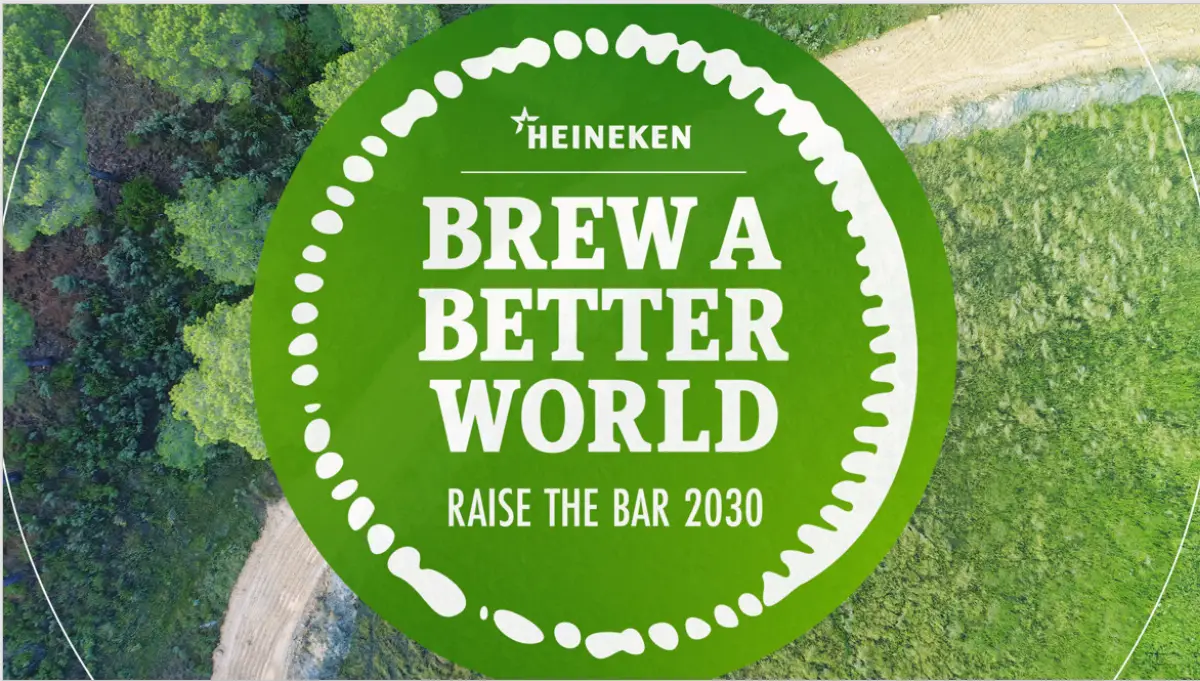
Heineken, first European collection of regenerative barley
Fruit of the program Transitions and of the coalition guided from the French cooperative Group Vivescia

Heineken goes through a moment that can be defined "historical" from the environmental point of view. If, in fact, on the water saving front, the Italian branch sets itself ambitious goals, driven by important goals already achieved, at European level the Dutch brewery marks what it has defined as a "milestone" with the first barley harvest from a large-scale regenerative farming model in Europe. This is the result of the Transitions program and its industrial coalition led by Vivescia, French cooperative group of agriculture and food processing: a collaboration with Vivescia and its subsidiary Malteurop, which is also the first large-scale regenerative agriculture program of the Dutch brewery.
The volume of regenerative farming barley produced in this first harvest will go to the French market, representing the company’s ambition to support local economies while promoting a globally connected supply chain. The programme, stresses the company’s official note, "focuses on a results-based agricultural approach that aims to protect and improve soil health, biodiversity, climate and water resources while supporting the development of agricultural activity".
The large-scale regenerative agriculture programme, he adds, "represents a unique cooperation between the plant and cereal sectors, between upstream and downstream partners". This year, in time for the 2024 harvest, about 200 farmers members of Vivescia in North-East France joined Transitions, pooling about 25,000 hectares of land. "By 2025 -explains the company- is expected to involve 500 farmers, and by 2026, 1,000 or even more up to put together 100,000 hectares of land".
Heineken plans to purchase most of the barley production from participating farmers through its suppliers, in line with its ambition to reduce its Flag scope 3 emissions by 30% by 2030. "By eliminating financial and technical barriers, this program will foster the growth of regenerative agriculture, introducing an innovative model for sustainable cereal production," the note explains.
Three principles stand out in the new programme:
- being the first industry-led large-scale transition programme in regenerative agriculture in Europe;
- operates at farm and crop rotation level, has suppliers and companies that support and finance farmers' transitions;
- is Heineken’s first holistic programme based on the results of regenerative agriculture, including indicators and measurements for carbon, soil, water, air, biodiversity and farmers' livelihoods.
"Our collaboration with the Vivescia Group, Malteurop and its subsidiaries contributes to the ambition to reduce Flag scope 3 emissions by 30% by 2030 -explains Hervé le Faou, director of Global Purchasing at Heineken-. Agriculture accounts for about 21% of our total carbon footprint. By investing in regenerative farming practices, we aim not only to reduce our environmental impact, but also to strengthen the resilience of our supply chain for the future".
EFA News - European Food Agency